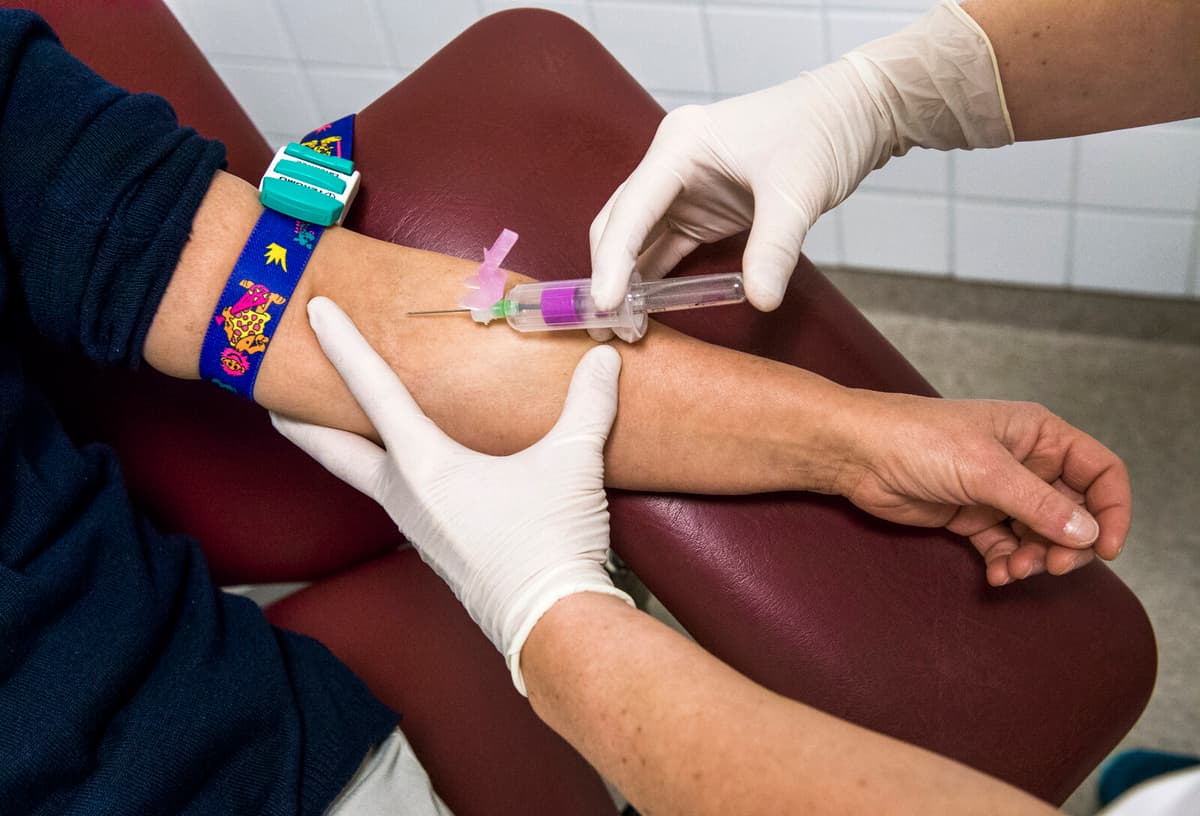Patients with disturbed heart rhythm, due to for example atrial fibrillation, can be helped by the medication amiodarone. The treatment is effective but requires that patients undergo regular check-ups and blood tests. This is because there is a risk of side effects on the liver and thyroid gland.
Interpreting the results and adjusting the dose is complex and takes a lot of time for the cardiologists who do it today.
Less cautious
Now, researchers at the University of Gothenburg have programmed a model that is governed by the same rules as the doctors use. When the robot analyzed 390 blood samples from patients, it found 12 side effects at the first attempt, while the doctors found 8.
The robot is thus faster, says Helén Sjöland, adjunct professor of cardiology and senior physician at Sahlgrenska University Hospital in Gothenburg.
The results, which have been published in the Journal of Medical Internet Research, show that the robot also managed to space out the patients' follow-up visits. It recommended an average of one month longer between them, which benefits both patients and healthcare.
Helén Sjöland notes that it's not about AI since the software doesn't learn anything new. It follows the same guidelines as the doctors and presents a proposal that the doctor takes a stand on.
In practice, we doctors are a bit too cautious and perform some unnecessary checks to be safe. The robot only does what it's supposed to, she says.
Used at the hospital
The robot is already being used as support at the cardiology clinic at Sahlgrenska and the plan is to spread it to more clinics within Region Västra Götaland. Approximately 13,000 people are using the current heart medication today.
The hope is that it can be used in other areas for follow-up of medications, she says.
But doctors can feel safe in that they are not entirely redundant.
Patients also meet the doctor for reasons related to the disease itself. The medication follow-up is done in parallel, says Helén Sjöland.






